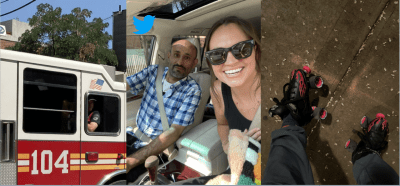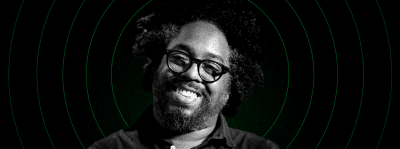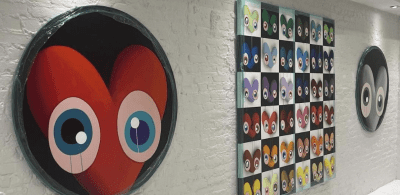Have fun in traffic! (Photo by Gersh Kuntzman)
Congestion pricing: How something that was supposed to save our city ended up as roadkill
An (admittedly biased) explainer of an ambitious toll proposal that was suddenly nixed last week — in plain English
Governor Kathy Hochul shocked New Yorkers last week when she did a very public about-face on congestion pricing, halting the ambitious initiative “indefinitely.” Citing concerns about the city’s precarious post-pandemic economy and the struggles of working families, she said, “a $15 charge may not seem like a lot to someone who has the means, but it can break the budget of a hard-working middle-class household.”
So. Any questions?
Yeah, actually. I don’t understand any of those words.
In 2019, the state legislature passed a law creating a toll to drive into Manhattan below 60th Street. It was supposed to finally start on June 30. But on June 6, Gov. Hochul announced that she had “indefinitely paused” it, likely killing it.
Wait, let’s backtrack. Why would any politician create a new toll?
They kinda had to. After the so-called “Summer(s) of Hell” in the subway — unreliability, crowding, you name it — lawmakers realized that if they didn’t come up with a way to fund New York City’s massive regional transit system, they’d be blamed for dragging down the single most important economic engine in the nation’s most important region.
Couldn’t they just raise taxes?
Yeah, you try that and then run for re-election.
But a tax on drivers doesn’t seem fair either.
It’s totally fair! First of all, Manhattan’s central business district is served by something like 9,506 subway, bus and commuter lines. Plus, congestion costs the region $20 billion in lost productivity. And all that congestion is not caused by buses, or pedestrians or cyclists. It’s caused by drivers.
But drivers gotta get to work, too.
They do! But Census figures show that drivers are wealthier than their transit-using neighbors. And their driving is undermining the region by causing traffic, pollution, road deaths and sprawl — none of which they pay for. Besides, of the 800,000 or so people who drive into the central business district every day, only 5,200 people don’t live within a half-mile of high-speed transit. So they have options!
OK, I’m sold. So why did Hochul kill it? You just said it was so awesome
The governor claimed she was fighting for “everyday” New Yorkers and argued that congestion pricing would increase prices, including on a “piece of pizza” [sic!]. But in fact, 90 percent of people who commute to the CBD use transit. Those are everyday New Yorkers.
She must know that, right?
She does! For about two years, Hochul herself had been among the most-vocal supporters of congestion pricing. She even used her support for the unpopular toll as a way to burnish her definition of “leadership.” But the other day, she claimed that she hears from “diner customers” that they don’t want to pay the toll when they drive in from New Jersey.
Wait, New Jersey has plenty of good diners.
True. The governor later admitted that she hadn’t talked to diner owners, but to the owner of the Pershing Square Cafe — which is not a diner, but a place where a BEC costs $20 — who opposes congestion pricing (he and his customers are exceptionally wealthy — and probably got that way because politicians tend to do their bidding, like right now).
One rich restaurateur is why we don’t have congestion pricing?
That’s a simplification, but the fact is, without congestion pricing, the MTA loses $1 billion in guaranteed annual funding — a big chunk of money that can’t be gotten anywhere else. So now you can expect worse service and higher fares.
So drivers won’t pay anything, but transit users will suffer?
Yes. In the name of helping “everyday” New Yorkers, Hochul has now undermined their transit and likely made it more expensive on behalf of drivers, who tend to be wealthier.
What happens to the subway system, then?
The MTA, whose board and CEO are controlled by Hochul, has already indicated that it will come up with a mix of service cuts, a reduction in the MTA’s larger modernization and renovation budget and, likely, fare hikes to compensate for the loss of funding. The working people who rely on transit just got screwed.
That sounds like class warfare.
Don’t blame me, blame Hochul for coddling drivers.
You might also like 


























